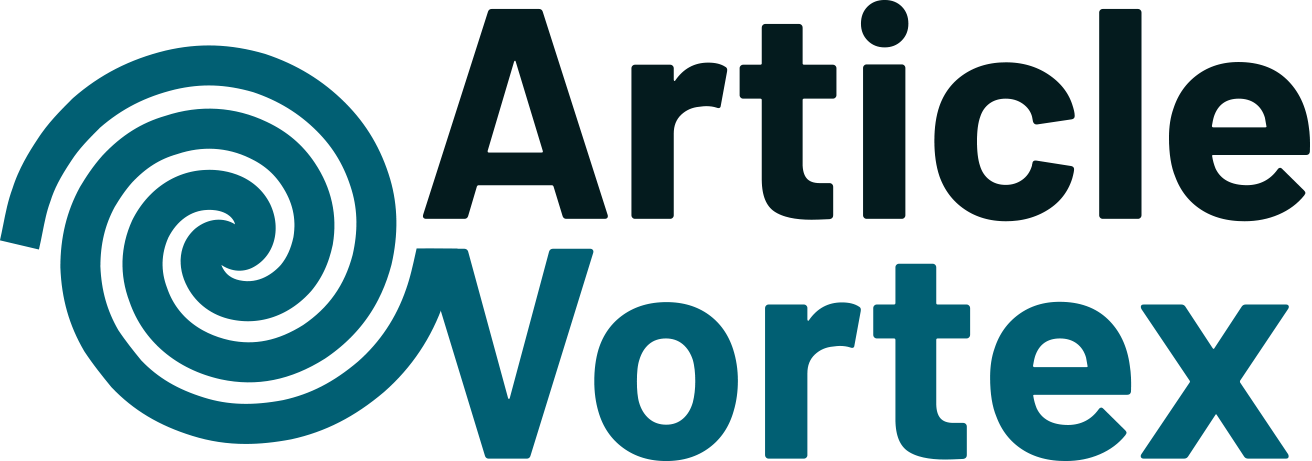Understanding the Purpose of a Savings Account
A savings account serves as a fundamental financial product designed to help individuals store and grow their money with minimal risk. It is typically offered by banks and credit unions, providing a secure place to deposit funds while earning interest. Unlike investment vehicles that carry potential risks, savings accounts are insured by financial institutions, making them a reliable option for those looking to preserve capital. For young individuals, such as those seeking a bank account for 16 year old users, these accounts offer a valuable introduction to money management and financial responsibility. Parents or guardians often open joint accounts to help teenagers understand saving habits early on.
These accounts are also a stepping stone for larger financial goals. Whether saving for college, a car, or an emergency fund, having a dedicated place for savings encourages discipline. While interest rates may vary, high interest savings accounts provide a more attractive return than standard options, making them ideal for individuals who want their money to work harder without additional effort.
Why Teenagers Should Start Saving Early
Introducing a savings habit early in life can be transformative. A savings account for teenagers not only helps them learn budgeting but also instills long-term financial planning skills. By understanding the importance of saving versus spending, teens can begin to set achievable financial goals. Starting this process with a bank account for 16 year old users ensures they develop financial literacy before entering adulthood.
Some benefits of early saving include:
- Creating a financial cushion for unexpected expenses
- Saving for short-term goals like gadgets, travel, or education
- Learning how interest works and how money grows over time
- Building a foundation for future investments
Teenagers who start saving early are more likely to maintain positive financial habits later in life. This proactive approach can also lead to exploring other financial tools such as budgeting apps or junior investment accounts.
How to Choose High Interest Savings Accounts
For those aiming to optimize their savings, high interest savings accounts can offer better growth compared to traditional savings options. These accounts typically come with higher annual percentage yields (APYs), though they may also include conditions such as minimum balance requirements or limited monthly withdrawals. When choosing such an account, it’s important to compare features like:
- Interest rates and how frequently they are compounded
- Monthly maintenance fees or withdrawal limits
- Online and mobile banking accessibility
- Customer service and account support options
Many people view these accounts as one of the top options for low-risk saving, especially for those who want to park their funds temporarily without locking them into long-term investments. They are also suitable for emergency funds due to their liquidity and ease of access.
Long-Term Planning: Savings Accounts as a Launchpad
For individuals considering the best investment for 10 years or more, a savings account might not be the final destination but an important starting point. It allows for accumulation of funds before moving into more advanced investment vehicles such as mutual funds, stocks, or retirement accounts. The value of high interest savings accounts lies in their stability, providing a dependable place to gather capital while exploring future options.
Over a decade, consistent contributions to a savings account can result in a significant sum, especially when paired with compound interest. This makes it an appealing strategy for those who prefer a conservative approach to wealth-building. Additionally, having a savings base can provide the buffer needed to take calculated investment risks later on.
For example, an individual might use a savings account to accumulate funds for:
- A home down payment
- Starting a business
- Graduate education
- Travel or life transitions such as relocation
In this way, savings accounts support long-term financial aspirations by offering stability and accessibility.
Creating a Financial Pathway for Young Savers
Helping teenagers open their first bank account is more than just a financial transaction—it’s the beginning of a financial journey. A savings account for teenagers can serve as a platform to discuss budgeting, goal-setting, and the impact of compound interest. With a bank account for 16 year old individuals, parents and guardians can play a key role in shaping responsible financial habits.
It’s important to choose accounts that match the needs of young savers. Features to consider may include:
- No monthly fees or minimum balance requirements
- Parental oversight tools and account alerts
- Educational resources on saving and spending
- Access to online banking or mobile apps
These accounts also help teenagers prepare for future financial responsibilities like managing paychecks, handling student loans, or building credit. Encouraging savings during adolescence can have a lasting impact, setting the stage for financial independence and smarter money decisions throughout adulthood.
Conclusion: Building a Strong Financial Foundation
Whether you’re a teenager opening your first bank account or an adult seeking the best investment for 10 years of steady growth, savings accounts remain a relevant and versatile financial tool. They offer safety, accessibility, and in many cases, the potential for meaningful interest earnings. High interest savings accounts can further amplify these benefits, especially for those who maintain consistent deposits.
For parents and guardians, guiding young individuals toward a savings account for teenagers or a bank account for 16 year old users can be a powerful step in setting them up for future success. As financial goals evolve, these foundational habits and accounts can support more ambitious plans, from building an emergency fund to transitioning into more complex investment strategies. By starting with a reliable savings account, anyone can begin their journey toward financial stability and long-term growth.












